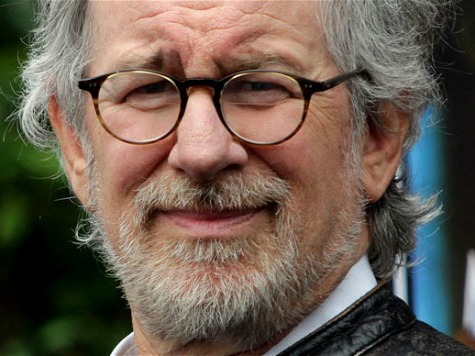
Steven Spielberg announced the creation of a new Center for Advanced Genocide Research at the University of Southern California’s Shoah Foundation this week, the aim of which is to study how and why mass violence occurs and how to prevent it, according to the USC website.
The announcement coincides with the 20-year anniversary of both the USC Shoah Foundation — which Spielberg founded — and the release of his Oscar-winning film “Schindler’s List,” which tells the story of Oskar Schindler, a German industrialist and member of the Nazi party who saved the lives of more than 1,000 Jews. The film is still hailed as the definitive Holocaust drama.
Monday was Yom Hashoah, Holocaust Remembrance Day, a day that honors the memory of six million Jews in addition to 16-20 million non-Jewish victims whose lives were ferociously taken by Adolf Hitler’s Nazi regime. The full name of the holiday is Yom Hashoah Ve-Hagevurah, which means the “Day of (remembrance of) the Holocaust and the Heroism.” The Holocaust (1939-1945) remains the world’s most systematic, most industrialized genocide ever inflicted on humankind.
The very first Yom Hashoah took place on December 28, 1949, a year-and-a-half after Israel’s independence, according to Haaretz.com. The phrase ‘never again’ is generally associated with Holocaust Remembrance Day. On their website, the United States Holocaust Memorial Museum attests to the strength of these words as representing a “promise to past and future generations that we will do everything we can to ensure the horrors of the Holocaust are not repeated.”
“The USC Shoah Foundation has made tremendous progress during its first 20 years, but its work is far from finished,” Spielberg said in a statement, noting the 52,000 testimonies it has gathered and the educational programs it has launched, according to Jta.org. The Shoah Foundation’s testimonies deal primarily with the Holocaust but also include eyewitness accounts of the 1994 Rwandan Tutsi genocide and the 1937 Nanjing massacre. Material on the Armenian and Cambodian genocides will be added to the archives this year.
“Now comes the next significant chapter, one that establishes the Institute as one of the leading academic centers of excellence for the study of the Holocaust and genocides,” Spielberg said. “The potential is there for groundbreaking research.”

COMMENTS
Please let us know if you're having issues with commenting.